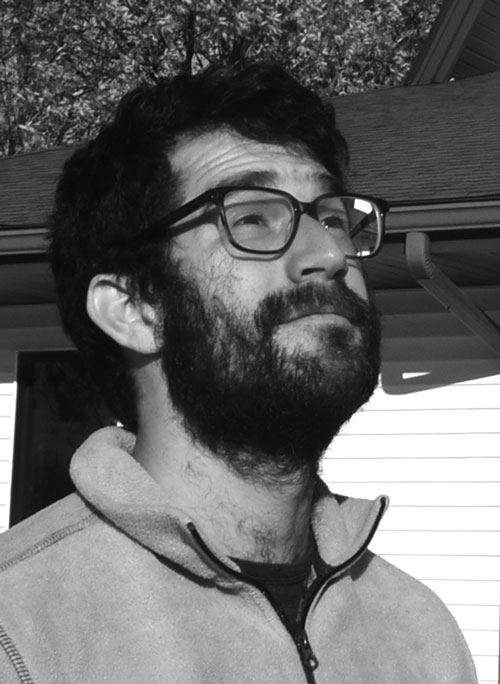Reverend James Lanning, Good Shepherd Lutheran Church
Several years back, my family adopted a new favorite movie that we like to watch during the holidays, and that movie is Risen. Risen is a film, made in 2016, starring Joseph Fiennes and Tom Felton, and is about a Roman Tribune named Clavius who witnesses the crucifixion of Christ, and is later tasked with trying to find Jesus’ body after the tomb is discovered empty. As Clavius tracks down and interrogates Jesus’ disciples, he finds them filled with a joy and peace, as they claim that He has risen. Not believing their story, he continues his search, until finally, he himself encounters the risen Christ, and his whole life changes. Toward the beginning, after the Crucifixion scene, there is an important moment where Clavius meets with Pontius Pilate; as they relax in the bathhouse, and  decompress after the harrowing events of the day, Pilate asks what he is looking for and where he hopes all his ambitions will take him. Clavius, looking weary and burned out, answers “Rome.” When Pilate asks him to Elaborate, Clavius tells Pilate that He wants to go to Rome in hopes that he will acquire position, power, and wealth, and that someday he will have a good family and a place in the country. Pilate asks him what he hopes to find there, to which Clavius answers “an end of travail; a day without death; peace.” Finally, in bit a self-reflection, Pilate says “all that for peace; is there no other way?” Pilate then leaves Clavius to wonder if he, a roman soldier, a servant of mars the roman god of war, will ever find peace.
decompress after the harrowing events of the day, Pilate asks what he is looking for and where he hopes all his ambitions will take him. Clavius, looking weary and burned out, answers “Rome.” When Pilate asks him to Elaborate, Clavius tells Pilate that He wants to go to Rome in hopes that he will acquire position, power, and wealth, and that someday he will have a good family and a place in the country. Pilate asks him what he hopes to find there, to which Clavius answers “an end of travail; a day without death; peace.” Finally, in bit a self-reflection, Pilate says “all that for peace; is there no other way?” Pilate then leaves Clavius to wonder if he, a roman soldier, a servant of mars the roman god of war, will ever find peace.
Where do you find peace in this world? Is peace something that is even possible to attain? If we look throughout history, what we find the most is one group of people attacking another group of people, for land, possession, power, people, and influence. The predominant ideology of history, at least in practice, has seemed to be “might makes right”, and so once a group of people reaches a certain size and strength, there has typically not been much to stop them from taking what they want. This was the way that the great empires of old functioned; this was the way of the Roman empire. The Roman empire, like many empires before them, expanded their kingdom through superior force, crushing and subduing nearly all other kingdoms that stood in their way, until no one dared oppose them. Because of their might, the Romans boasted a 200-year time of stability and peace known as the Pax Romana, but they acquired this peace at the edge of the sword and the tip of the spear. In this fallen and broken world, it often seems as though the only way of achieving peace is by strength of arms and superior might; that’s how the Romans achieved their great Roman Peace.
For the complete column, see this week’s edition of the Centralia Fireside Guard




